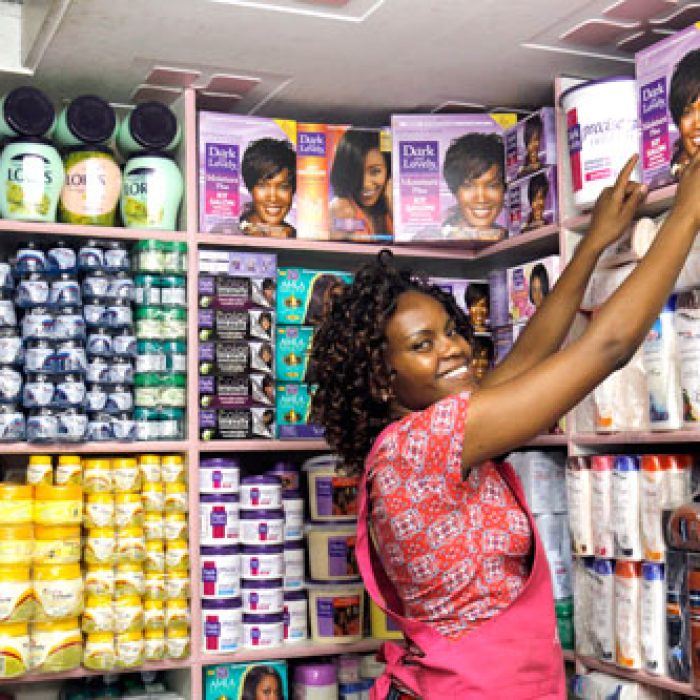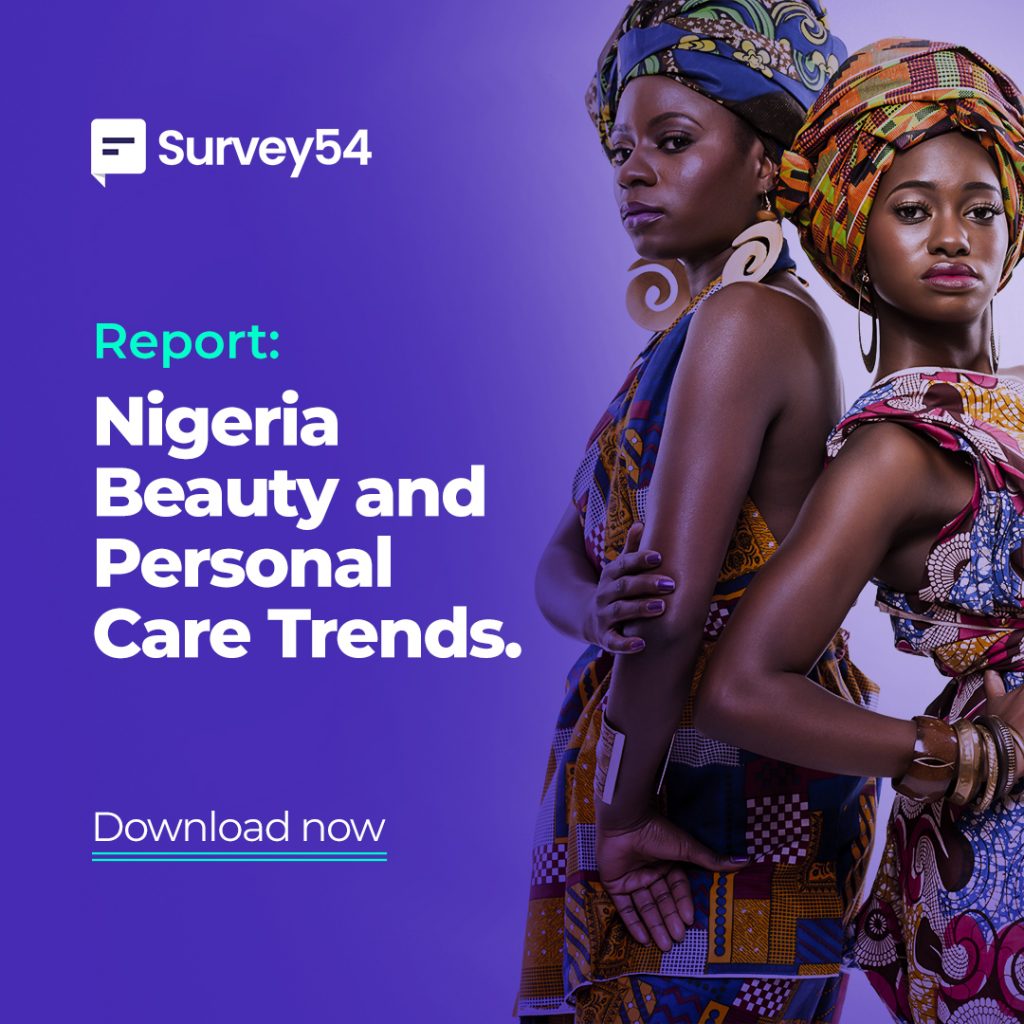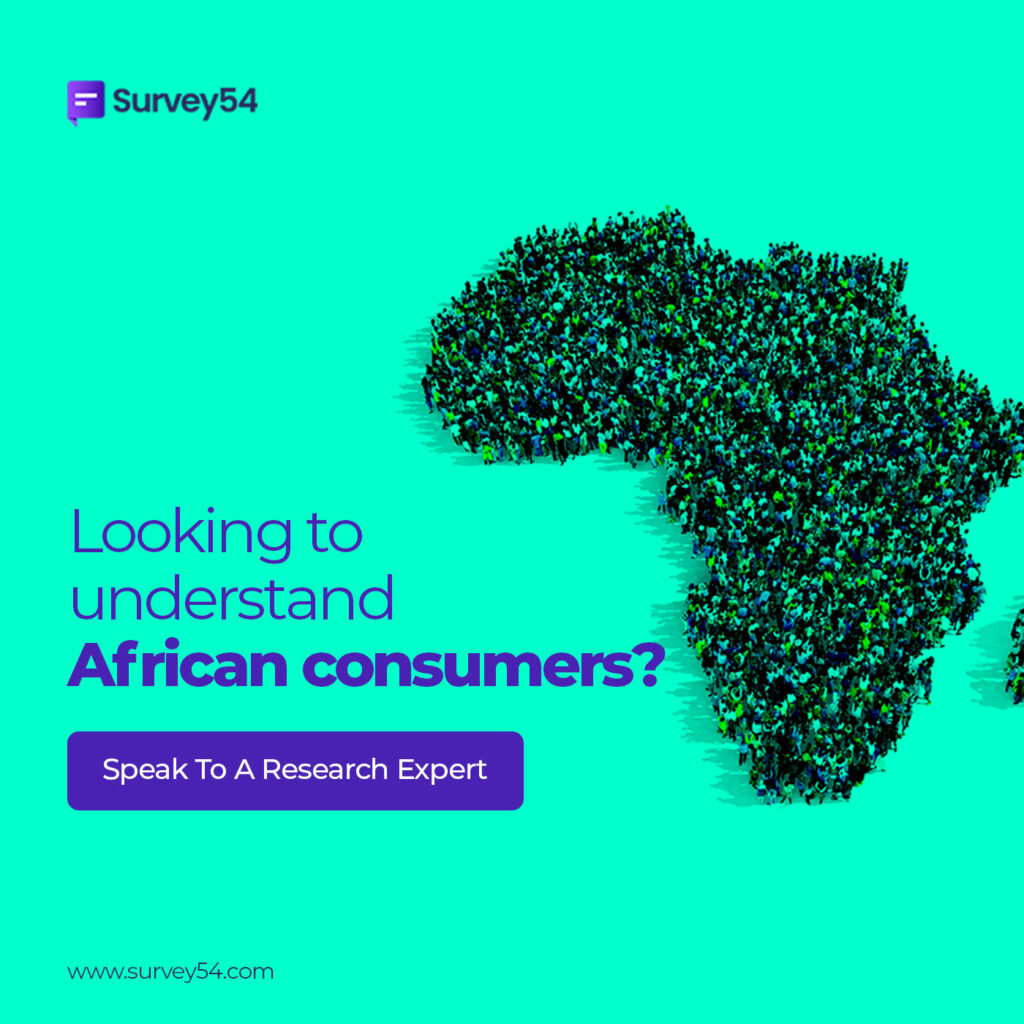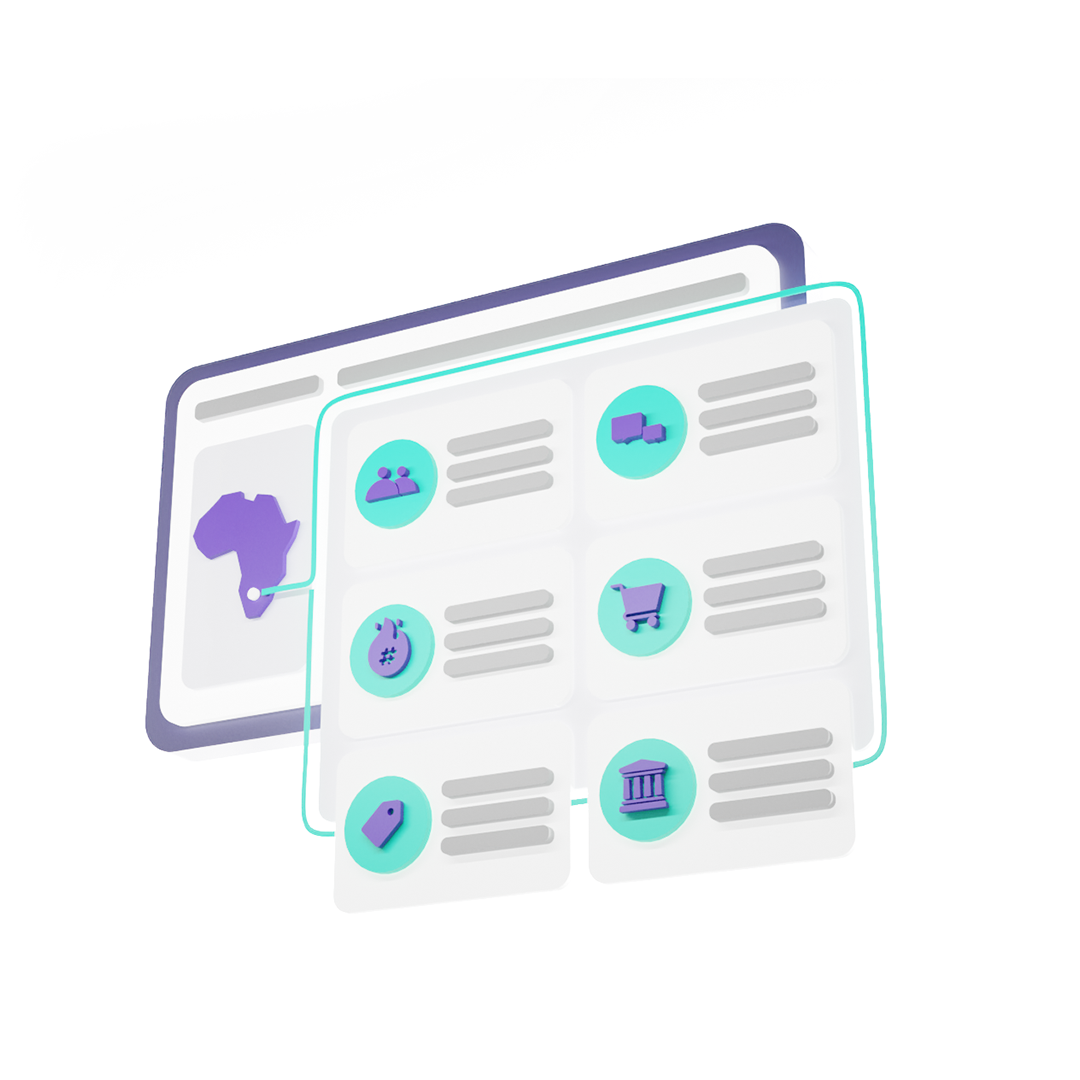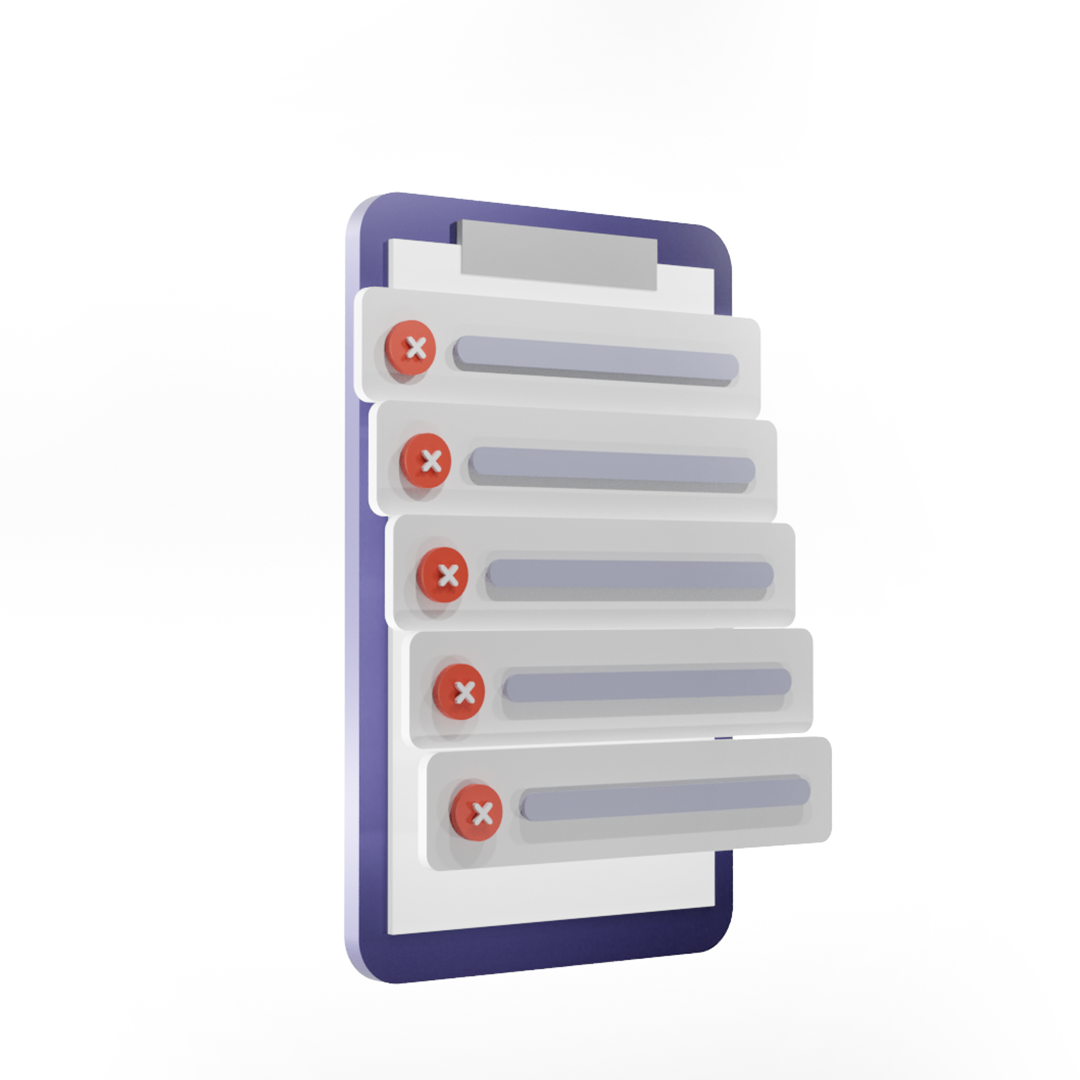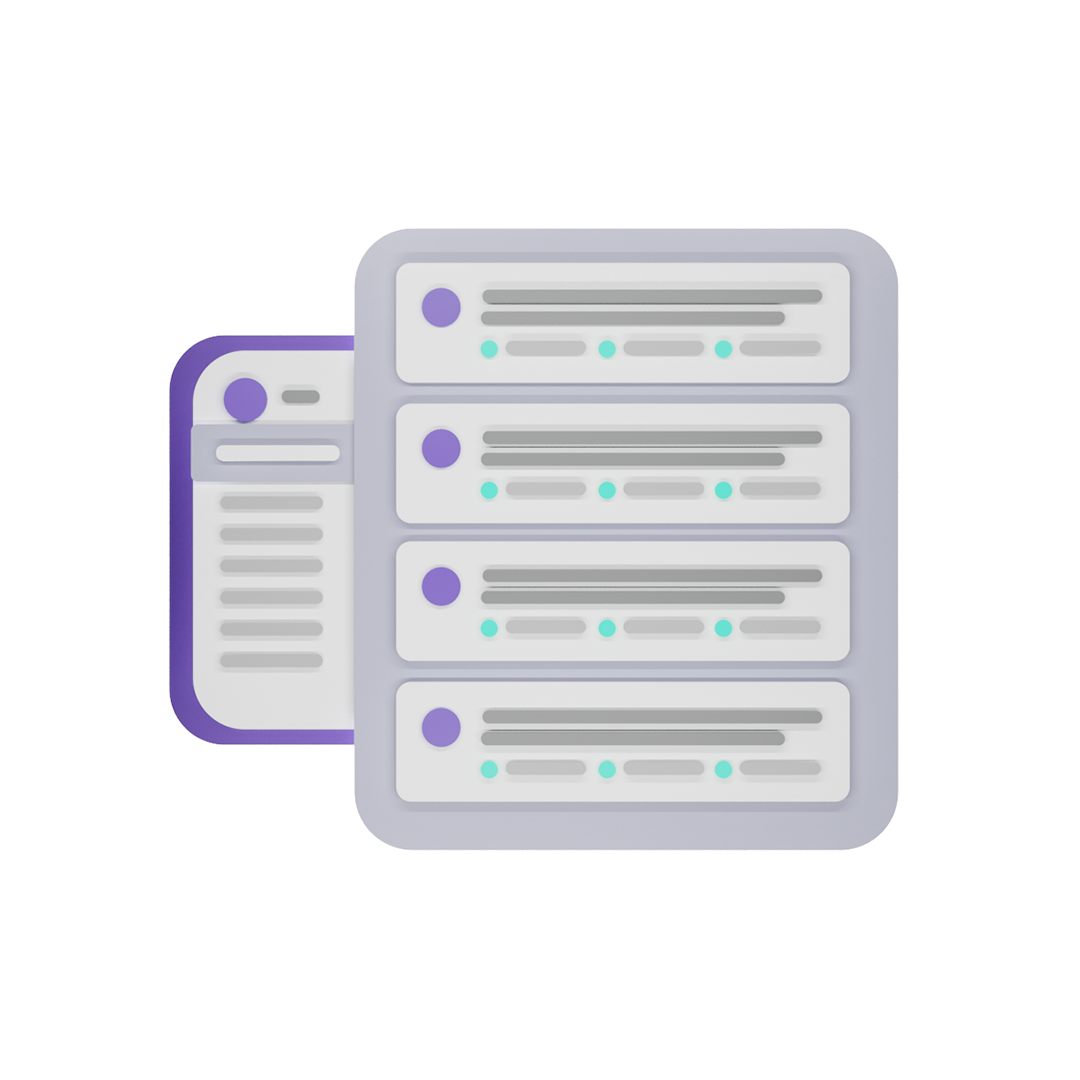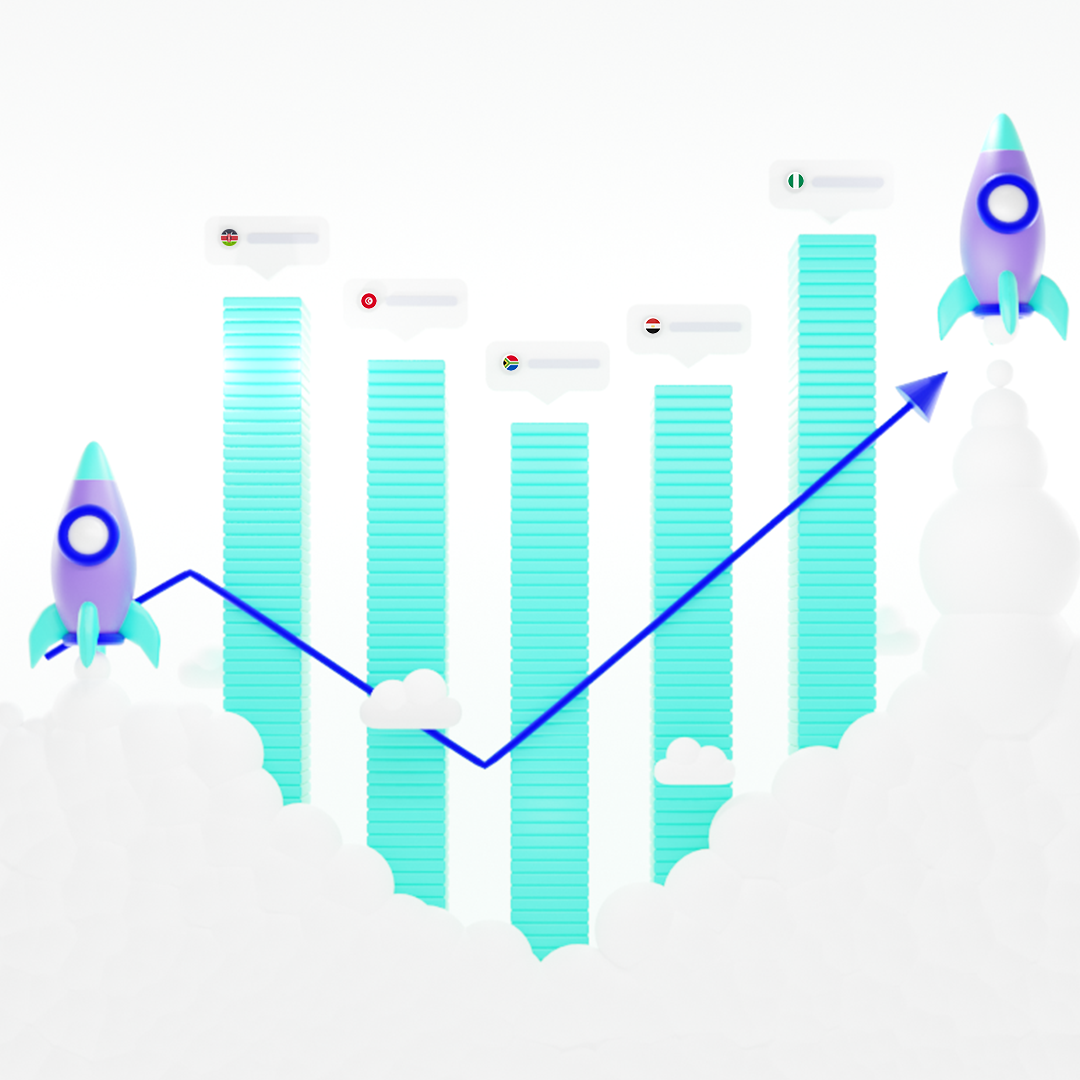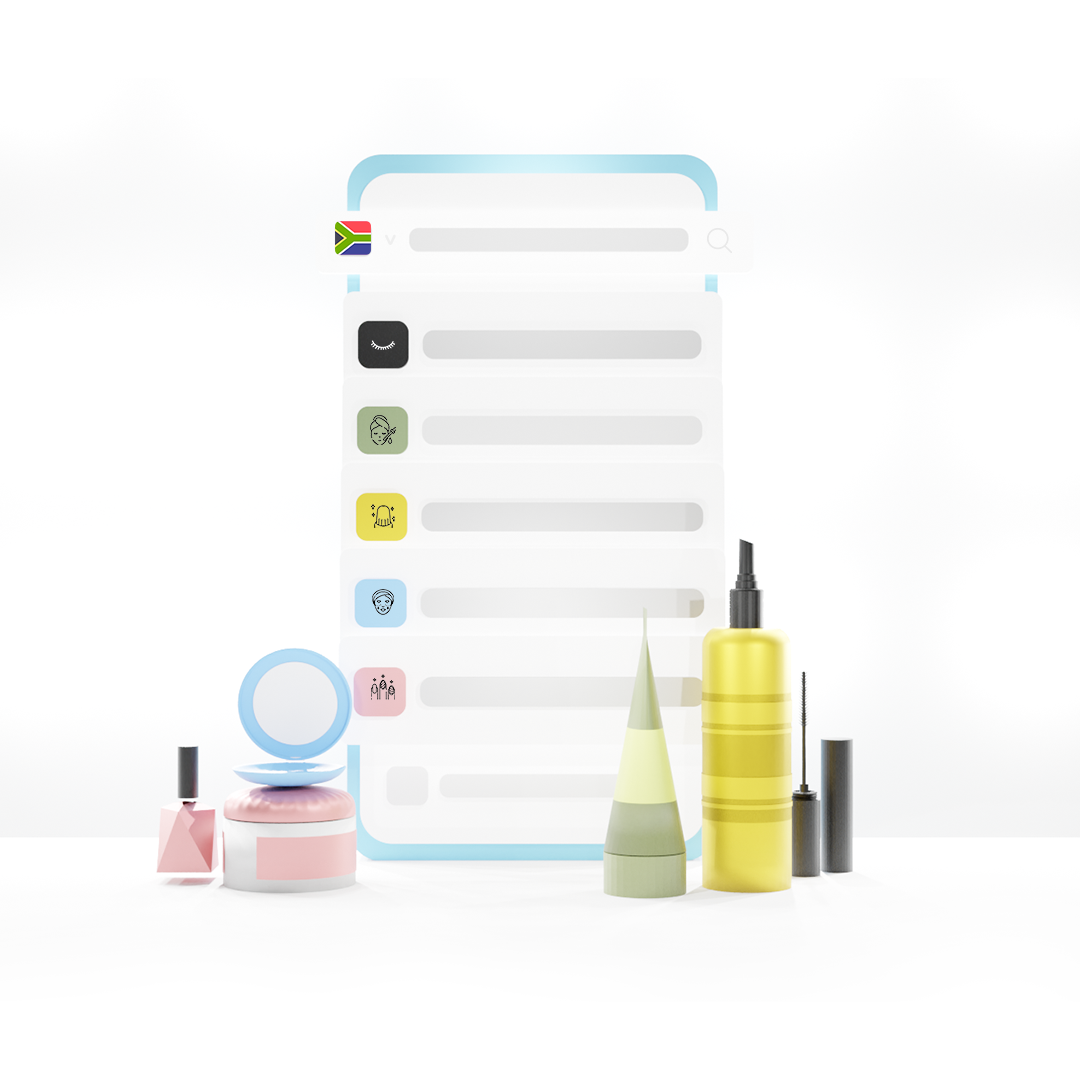Just like other women across the African continent, looking good is inherent in the average Nigerian woman. Even though Nigeria has witnessed unfavourable economic conditions in recent times*, the Nigerian beauty industry is thriving.
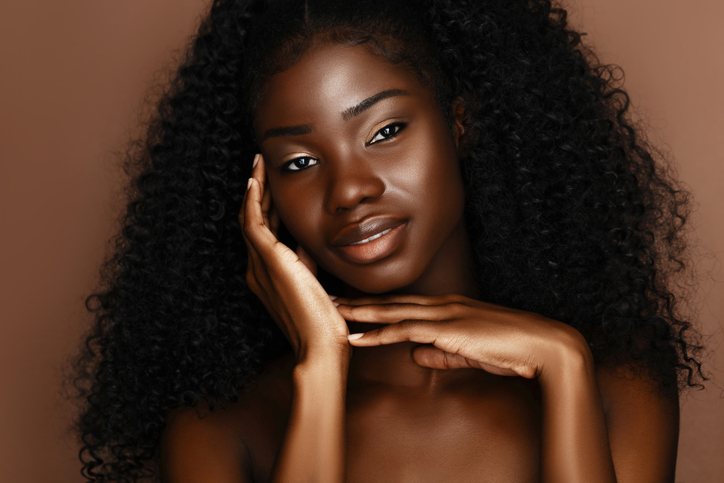
The Nigerian beauty and cosmetics market is currently worth more than $1.256 billion at retail, according to Euromonitor International.** It’s clear that the beauty and cosmetics industry in the country thrives partly because of large numbers (there are approximately 101.67 million women in Nigeria (Statista), which is a huge market for these products, but other factors are at play.
Our latest report Nigeria Beauty and Personal Care Trends takes a deeper look at the trends driving continued sales and product innovation in the beauty cosmetics market in the country, and the key players making that happen.
In addition, we explore how stakeholders in the vast Nigerian beauty industry have adapted to changing market trends over time to stay relevant in the industry – especially by adopting a vibrant online presence.
Download full report here
1. A younger pool of consumers
Our survey polled data from 1000 women, with the highest number of our respondents between the ages of 26 and 35 (53% ), closely followed by the 18–25 age bracket at 35%. The fact that Nigeria’s spending population is shifting to include more young millennials might be a factor in the country’s high rate of consumption of skin and personal care products.***
2. Nigerian women like to look good
Our report data confirms that to the average Nigerian woman, beauty and skincare is not an afterthought. Rather, it is an aspect of their lives that they intentionally invest heavily on, despite their financial limitations.
3. Market potential in the Nigerian beauty industry
According to BusinessDay, Nigeria’s beauty and personal care industry is expected to develop at a rate of 5-10% per year (CAGR). Despite the economic slump, there is a lot of possibility and opportunity for industry players. The billion-dollar sector is promising for stakeholders and new industry players willing to invest in their market.
Download the full report>>>here
* (see our Nigerian Spending Power report for 2021)
**This market potential doesn’t undercut that rising prices and inflation affects how much people are spending on non-essentials. (Nigerian Spending Power Report)
*** From our findings, 40% of our respondents earn less than NGN50,000, while 39% earn between NGN50,000 and NGN100,000. This is a significantly low pay range.

